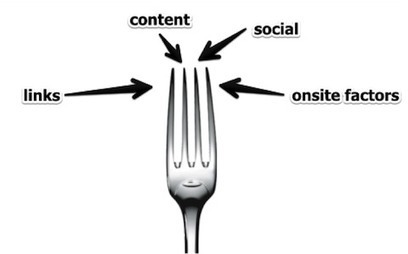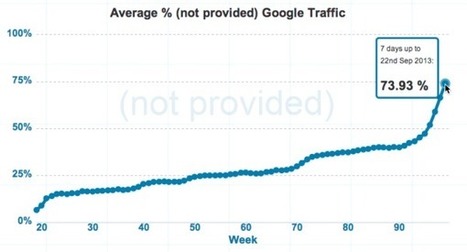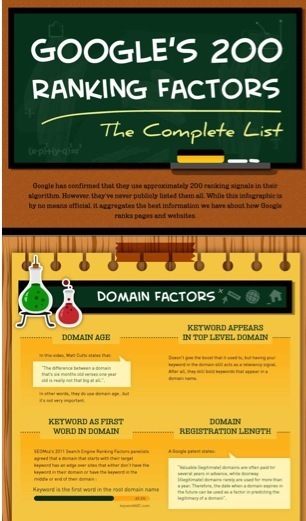Google's announcement for Search, plus Your World, opens up new ways of using search as well as an unexpected secondary feature/update which is going to make happy anyone who needs to frequently check Google search results without "personalization".
"Google Search has always been about finding the best results for you. Sometimes that means results from the public web, but sometimes it means your personal content or things shared with you by people you care about.
These wonderful people and this rich personal content is currently missing from your search experience. Search is still limited to a universe of webpages created publicly, mostly by people you’ve never met. Today, we’re changing that by bringing your world, rich with people and information, into search."
Google introduces today three new features:
1) Personal Results
which enable you to find information just for you, such as Google+ photos and posts—both your own and those shared specifically with you, that only you will be able to see on your results page;
2) Profiles in Search
both in autocomplete and results, which enable you to immediately find people you’re close to or might be interested in following; and,
3) People and Pages
which help you find people profiles and Google+ pages related to a specific topic or area of interest, and enable you to follow them with just a few clicks.
N.B.: Google is also introducing a prominent new toggle on the upper right of the results page where you can see what your search results look like without personal content. With a single click, you can see an unpersonalized view of search results.
That means no results from your friends, no private information and no personalization of results based on your Web History. This toggle button works for an individual search session, but you can also make this the default in your Search Settings.
Learn more at http://google.com/insidesearch/plus.html
Read more: http://googleblog.blogspot.com/2012/01/search-plus-your-world.html






 Your new post is loading...
Your new post is loading...



















While SEO experts keep saying that "search engine optimization" is not dead, it's only changing, I am quite happy to see that more and more of the SEO techniques that have been promoted as the "smart" way to make anyone web site more visible, are finally crumbling down one by one.
In this excellent article, Neil Patel, identifies five of them, that carry more big risks than benefits for anyone web publisher still adopting them. These are:
1) Guest Blogging (spammy kind)
2) Incoming Links with Optimized Anchor Text
3) Low quality inbound links
4) Using lots of relevant keywords inside your content
5) Relying more on building inbound links than on creating high-value content
Excellent recommendations for anyone publishing online. It's time for those who have quality ideas and content to regain their due value and visibility, stolen for so long by those who, without either one, invested fanatically in content marketing and search engine optimizing without ever creating real value.
Useful. Informative. 8/10
Full article: http://www.quicksprout.com/2014/03/28/5-seo-techniques-you-should-stop-using-immediately/